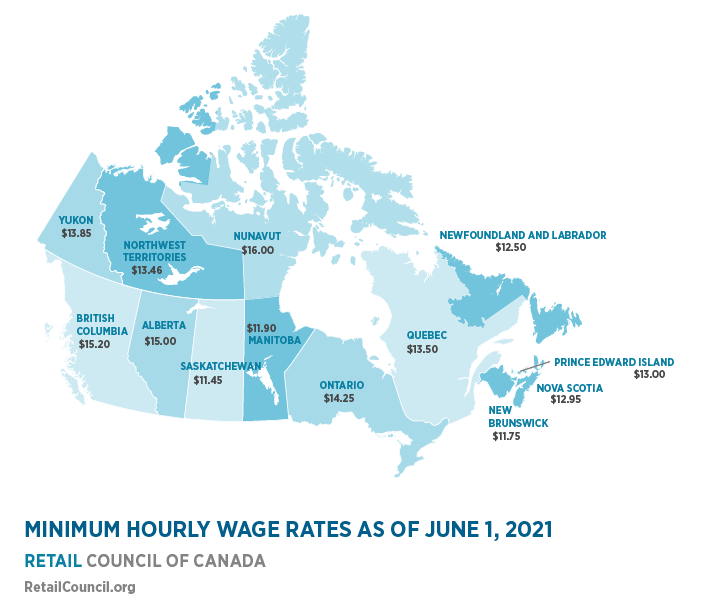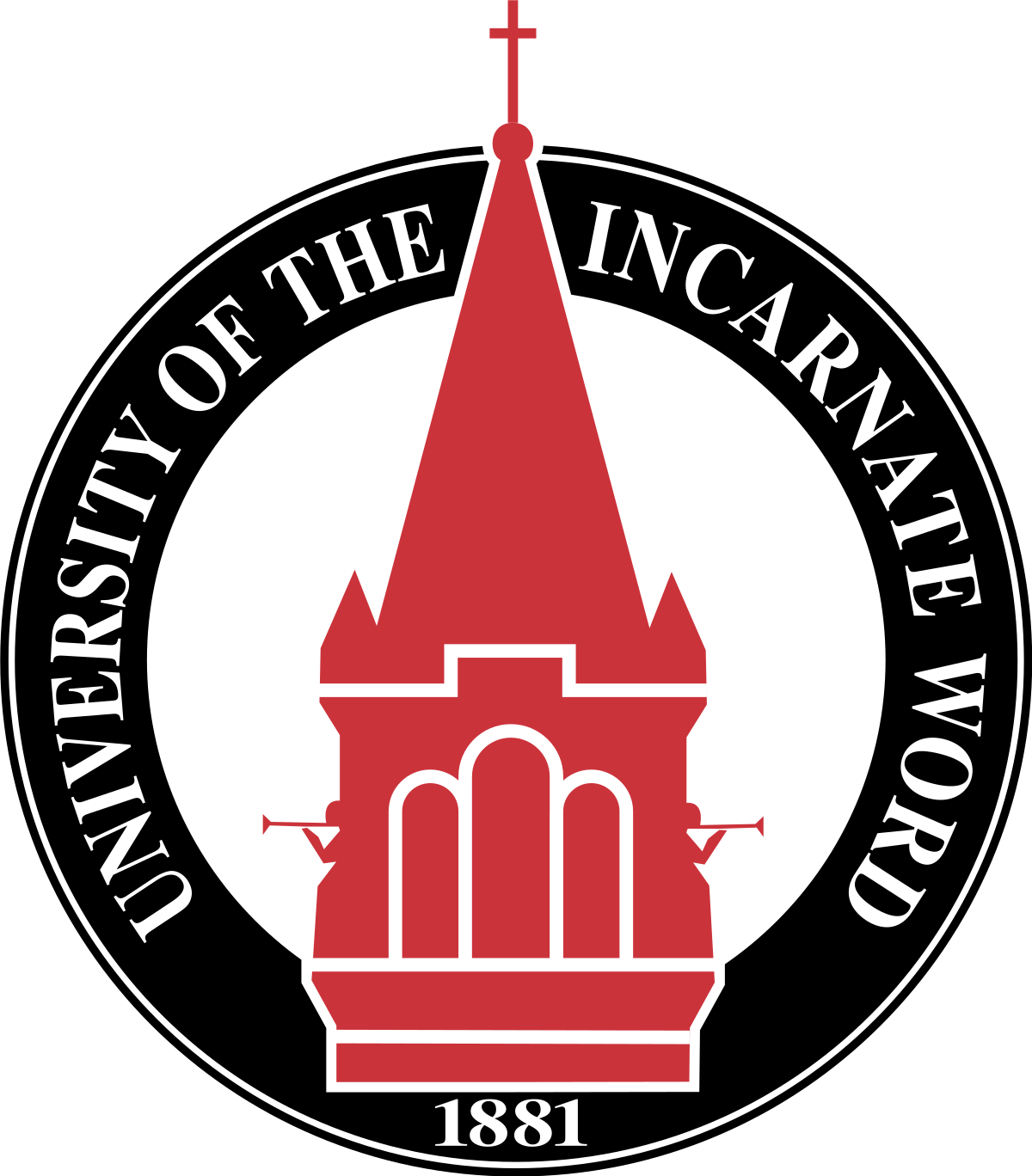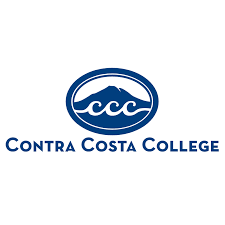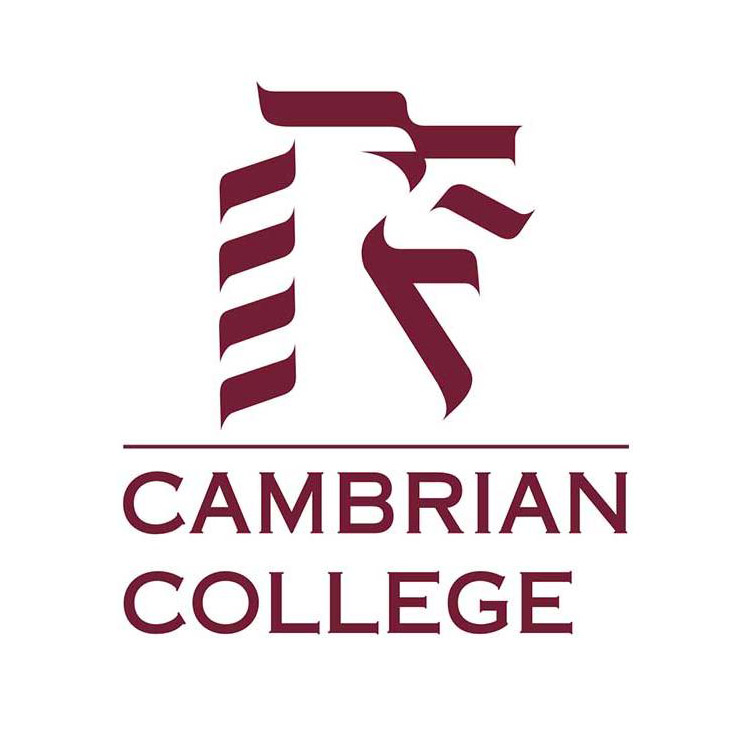2 Simple Ways For Students To Earn In Canada
Learn about the ways international students can work and earn money while they are studying plus the list of popular jobs for international students.
Studying abroad and upgrading your credentials is one of the best investments you can give to yourself and your career growth. However, it could be financially challenging. Therefore, having ways to earn while you take your academic program as an international student can be of great help, not just financially, but also in building your network and your Canadian experience.
International students are generally eligible to work for a maximum of 20 hours per week during the study semester, and full-time (40 hours per week + option for overtime) on school breaks like summer and winter holidays. Your case and eligibility are indicated in your study permit.
You can work without a work permit (and just a study permit) if you meet all these requirements:
- You are a full-time student at a Designated Learning Institution (DLI).
- You are enrolled in a post-secondary academic, vocational, or professional training program OR a secondary-level vocational training program (Quebec only).
- Your study program is at least 6 months long and leads to a degree, diploma, or certificate.
- You have started studying.
- You have a Social Insurance Number (SIN).
Minimum Wage in Each Province
Depending on where you will study and live in Canada, the minimum wage varies. British Columbia (BC) has the highest minimum wage. It is important to note that even though BC has a better minimum wage, the cost of living in the province is generally higher than the other less populated provinces.

Two Ways to Earn As an International Student
Apply for a work placement under a Co-op program
Co-op might be a new concept, especially for aspiring Filipino international students. Cooperative education, “co-op” for short, is a program that integrates theoretical classroom learning with practical workplace experience. Students enrolled in a co-op program will have one or more terms (semester) working in a job relevant to their course. Co-op work placements are usually paid, and Canadian Colleges & Universities have dedicated Co-op coordinators who support students’ co-op application, provide job interviews, facilitate workplace readiness training, and ensure the programs are going well with the students and the potential employers.

Our partner Thomson Rivers University (TRU) [drone shot of the campus shown above] offers a diverse selection of co-op programs that can let you earn money while earning your Canadian education. Examples of popular co-op programs include:
- Bachelor of Business Administration
- Bachelor of Computing Science
- Architectural & Engineering Technology Diploma
Visit this page for the complete list of TRU Co-op programs and learn where TRU students work during their co-op terms.
Find Job Outside Co-op: Popular Jobs with International Students (Off-campus Work)
If your chosen program does not have a co-op component, you can earn by working in jobs that may or may not be related to your field.
Based on my experience, and the experiences of my international student friends, landing a job in your field while you are still a student is challenging given that employers prefer someone who can be in the position longer and in full-time work the whole year. Working on-campus (finding a job in your school) can also be very competitive. Hence, international students usually go for temporary or hourly jobs that are very different from their profession or target career. This should not be a problem since these jobs pay well and can support your living expenses.
Some examples of jobs popular with international students:
- Warehouse worker – average pay of $18 per hour. Students are usually hired as part-time staff. In a month, given it is your study term and you can only work for 20 hours a week, you can have gross earnings of $1,440 (PhP 56,000 per month).
- House cleaner – average pay of $19 per hour. Students are usually hired part-time by a cleaning company, or they could be contracted (will fall into the self-employment category) directly by people needing the services. In a month, during a study term, you can earn as much as $1,520 (PhP 59,280 per month)
- Server or bartender – usually minimum wage (province-dependent) plus tips. Students are hired part-time by restaurants or café. With popular restaurants, tips can reach as high as $480 a month. For instance, a part-time (20 hours/week) server in a famous British Columbia café can earn $1,216 (base) + $480 (tips), for a total of $1,696 (PhP 66,144 per month).
- Freelancer - if you have other special skills such as graphic design, creating websites, or report writing, you can turn these skills to cash by being a freelancer. The good news is that there are many online jobs for students to work, yet it is important to note that your time doing freelancing counts in your allowed work time as an international student. Meaning, during your study term, if you work 10 hours a week in a café, you can only do 10 hours that week for your graphic design freelancing. Anything more than that breaches your study permit terms.
Aside from these jobs, you can find jobs easily if you have certain trade skills like knowing how to paint a house, do landscaping, operate a forklift, or know your way around general labour in construction sites. Plus points if you know how to drive as there are a lot of jobs that require driving.

Now that you know it’s possible to earn while you study, maybe your next question is “how much should I have each month to live here in Canada?” Look no further and check out our article about the living expenses as an international student, “Money Matters: Living Expenses as an International Student”.




















Comments (0)